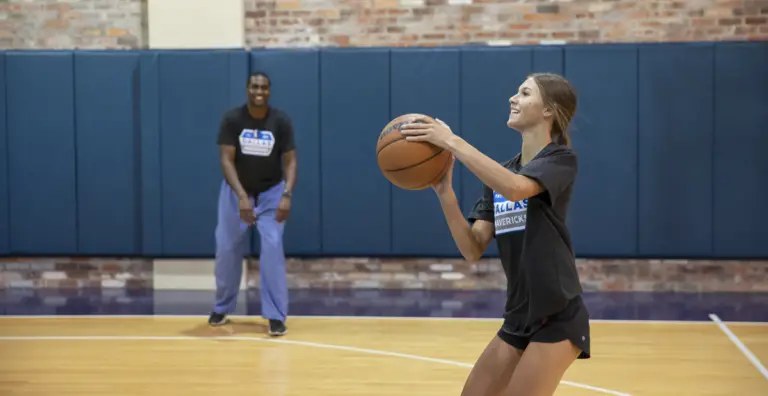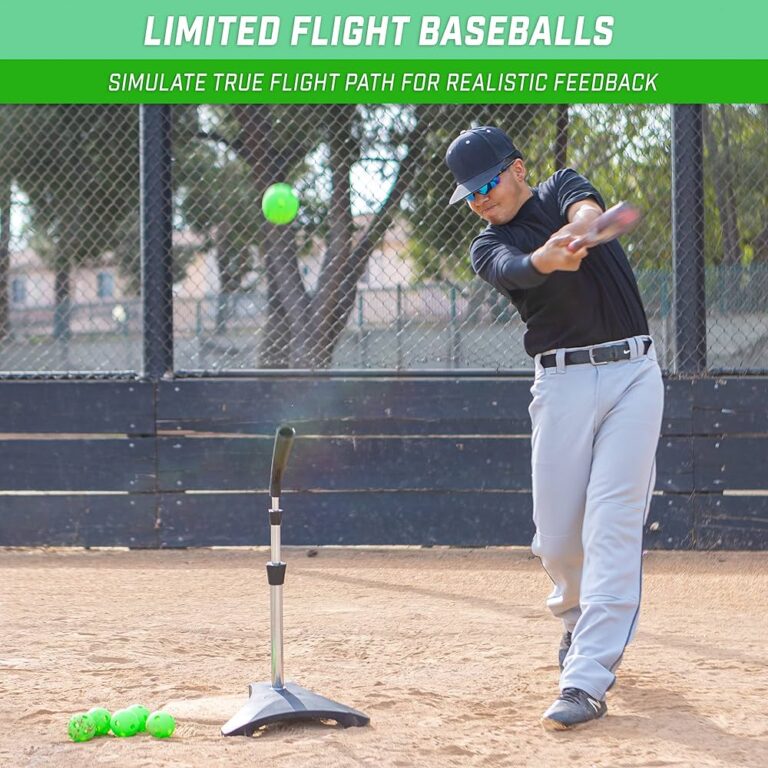A Basketball Referee Tosses the Ball Straight: Mastering Precision and Fair Play
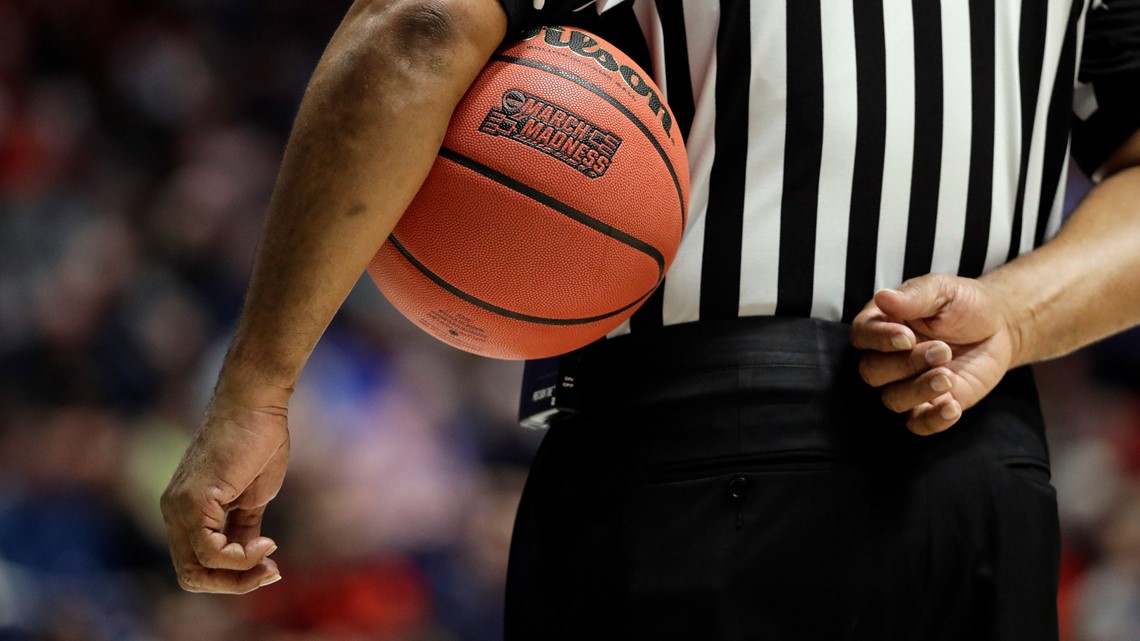
A basketball referee tosses the ball straight up before the game starts to signal the beginning. This action initiates the jump ball between the competing players, determining the team that gains possession first.
The referee’s toss must be precise and unbiased, ensuring a fair start to the game. The height and trajectory of the toss play a crucial role in maintaining the integrity of the contest. Additionally, the skillful display of this fundamental aspect of the game sets the tone for a well-officiated match.
The referee’s toss establishes the tone of authority and control over the game, setting expectations for players, coaches, and spectators alike. This simple act symbolizes the start of an exciting competition on the basketball court.
THE BASICS OF BASKETBALL REFEREEING
Basketball refereeing plays a critical role in the game, ensuring fair play and a smooth flow of the match. The referee’s decision-making, keen observation, and rule interpretation define the game’s outcome. Let’s delve into the basics of basketball refereeing, including the duties of a basketball referee and the essential skills required for this role.
THE DUTIES OF A BASKETBALL REFEREE
The responsibilities of a basketball referee encompass various crucial aspects that govern the game’s fairness and integrity. These duties include:
- Enforcing game rules and regulations.
- Maintaining order and discipline among players.
- Ensuring player safety.
- Managing game time and timeouts.
- Communicating with coaches and players.
- Recording fouls, violations, and player substitutions.
SKILLS REQUIRED FOR BASKETBALL REFEREEING
Successful basketball referees possess a unique set of skills that enable them to effectively officiate games. These key skills include:
- Keen observational abilities.
- Excellent knowledge of basketball rules and regulations.
- Effective communication and conflict resolution skills.
- Quick decision-making under pressure.
- Physical fitness for optimal court coverage.
- Impartiality and fairness in judgment.
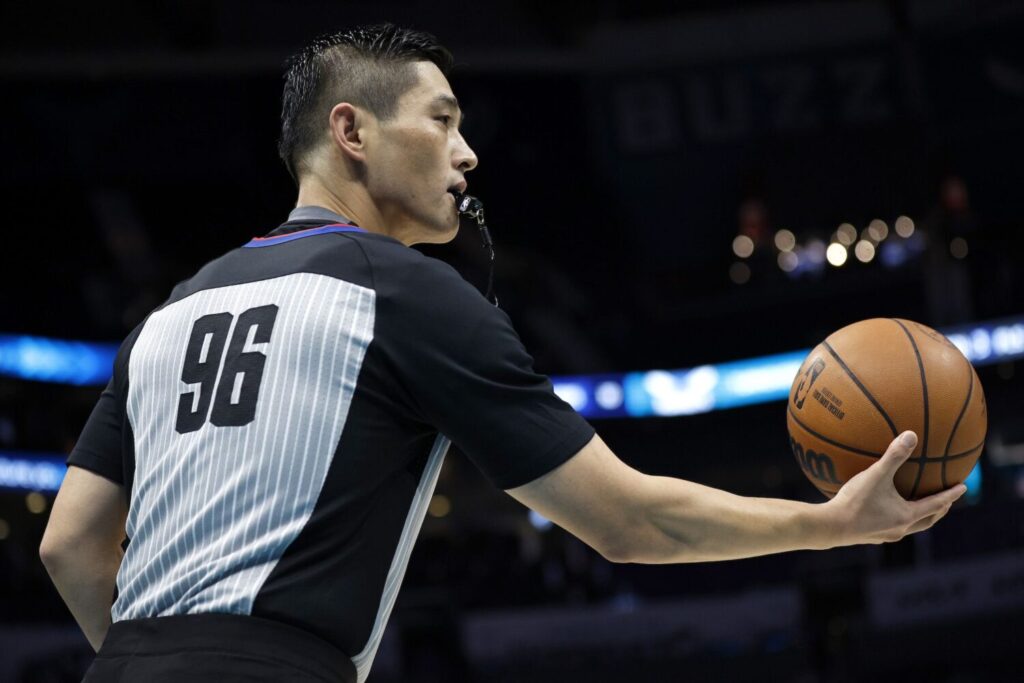
THE TOSSING TECHNIQUE
The Tossing Technique is a critical aspect of a basketball referee’s role in starting the game off right.
MASTERING THE ART OF TOSSING
Ensuring a fair and accurate toss requires practice and precision.
FACTORS AFFECTING THE TOSS
- Basketball: The weight and grip of the ball play a crucial role.
- Height: The toss should reach a consistent height for fairness.
- Technique: Consistency in tossing motion enhances game integrity.
THE IMPORTANCE OF THE GAME
A basketball referee tossing the ball straight is a crucial element at the start of the game, ensuring fair play and setting the tone for the match.
IMPACT ON FAIR PLAY
The referee’s accurate toss influences the fairness of the game by giving both teams an equal chance to gain possession of the ball.
INFLUENCING THE START OF THE GAME
The toss by the referee determines which team gets the initial possession, influencing the game’s pace and dynamics from the very beginning.
CHALLENGES FACED BY REFEREES
Basketball referees play a crucial role in ensuring fair play and maintaining the integrity of the game. However, they often encounter various challenges that can impact their ability to officiate effectively. These challenges range from maintaining consistency in their decisions to handling player reactions when contentious calls are made.
MAINTAINING CONSISTENCY
One of the primary challenges faced by referees is the constant need to maintain consistency in their decisions throughout the game. With the fast-paced nature of basketball, referees must ensure that their calls are uniform and fair, irrespective of the teams involved. This requires a high level of focus and a deep understanding of the game’s rules and regulations.
HANDLING PLAYER REACTIONS
Another significant challenge for referees is handling player reactions to their calls. It is common for players to express disagreement or frustration when a decision goes against them. Referees need to manage these situations with composure and assertiveness, ensuring that the game’s flow is not disrupted while maintaining respect and authority.
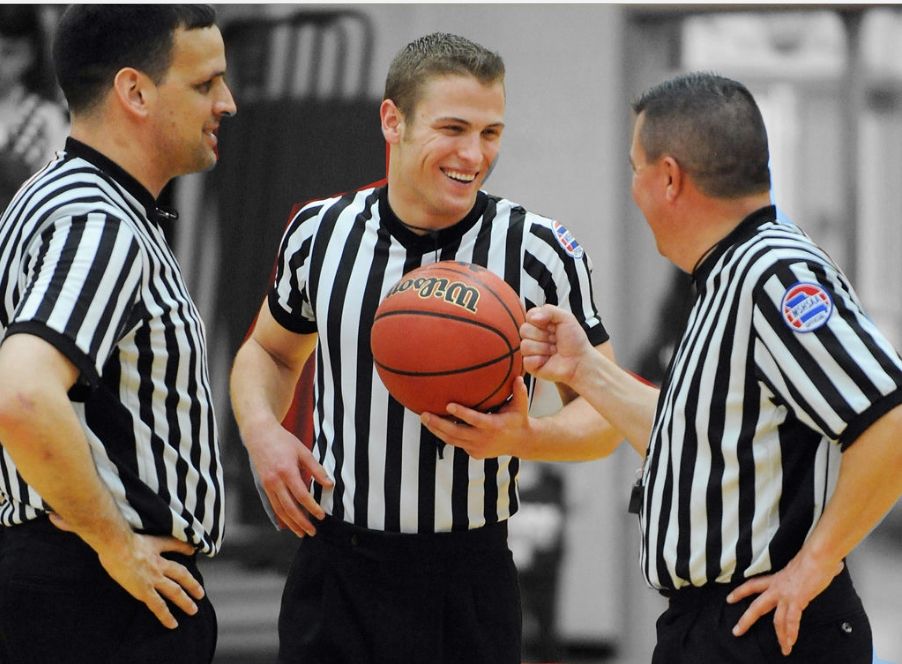
REFEREE TRAINING AND DEVELOPMENT
Learn the essentials of referee training and development in basketball, including proper ball-tossing techniques. Enhance your skills and ensure fair play on the court.
PHYSICAL AND MENTAL PREPARATION
Becoming a skilled basketball referee requires a combination of physical and mental readiness. Referees must be prepared to make split-second decisions while keeping up with the fast-paced nature of the game. Here are some key aspects of physical and mental preparation for referees:
PHYSICAL FITNESS
Referees need to maintain a level of physical fitness to effectively officiate basketball games. They must be able to move quickly and stay in sync with the players. Regular exercise and training routines can help referees improve their agility, endurance, and reaction time.
RULE KNOWLEDGE
Referees must have a thorough understanding of the rules and regulations of basketball. This includes knowledge of fouls, violations, and other game-related infractions. By knowing the ins and outs of the game, referees can make accurate calls and maintain fairness on the court.
DECISION-MAKING ABILITIES:
Quick decision-making is crucial for basketball referees. They need to assess situations in real time and determine the appropriate course of action. This requires strong analytical skills, the ability to prioritize information, and confidence in their own judgment.
CONCENTRATION AND FOCUS
During intense basketball games, referees must remain focused and attentive to every play. They need to concentrate on multiple aspects simultaneously, such as the movements of the players, the ball, and potential fouls or violations. Mental focus allows officials to make accurate calls and maintain control of the game.
CONTINUOUS IMPROVEMENT
Referees, like players and coaches, should strive for continuous improvement to enhance their skills and abilities. By dedicating themselves to ongoing development, referees can become more effective and respected officials. Here are some ways referees can continuously improve:
GAME ANALYSIS
After each game, referees can analyze their performance and identify areas for improvement. This self-reflection enables them to recognize any mistakes made or missed opportunities and learn from them. Seeking constructive feedback from fellow referees or supervisors can also provide valuable insights.
ATTENDING TRAINING PROGRAMS
Referees can benefit from participating in training programs offered by basketball associations or organizations. These programs often cover various topics, including rule updates, positioning, communication, and game management. Continuous learning through workshops and seminars helps referees stay updated and enhance their skills.
SEEKING MENTORSHIP
Establishing a mentoring relationship with experienced referees can be immensely valuable. Mentors can provide guidance, share their expertise, and offer advice to help referees grow and develop. Learning from the experiences of others can accelerate the learning curve and lead to better officiating.
REGULAR PRACTICE
Referees should consistently practice their officiating skills to refine their technique. This can involve simulated game scenarios, practicing signaling and communication, and staying up-to-date with rule changes. Regular practice ensures that referees stay sharp and confident in their abilities.
FREQUENTLY ASKED QUESTIONS ON (A BASKETBALL REFEREE TOSSES THE BALL STRAIGHT)
CAN A BASKETBALL REFEREE TOSS THE BALL STRAIGHT?
Yes, a basketball referee can toss the ball straight to ensure fair gameplay and a proper start to the match.
WHAT IS THE PURPOSE OF A BASKETBALL REFEREE’S TOSS?
The basketball referee’s toss is to determine which team gains possession of the ball at the start of the game or after a jump ball situation.
HOW DOES A BASKETBALL REFEREE TOSS THE BALL?
During the toss, the basketball referee stands at center court and throws the ball vertically upward in a straight line. This ensures a fair chance for both teams to gain possession.
WHAT HAPPENS IF A BASKETBALL REFEREE’S TOSS IS NOT STRAIGHT?
If the basketball referee’s toss is not straight, it can lead to an unfair advantage for one team. In such cases, the toss is repeated to ensure fairness in the game.
CONCLUSION
In a basketball game, a well-executed toss by the referee is crucial for ensuring fair play. The ability to toss the ball straight requires skill and precision, and can significantly impact the outcome of the game. As such, it’s essential for referees to consistently hone and master this fundamental skill to maintain the integrity of the game.

